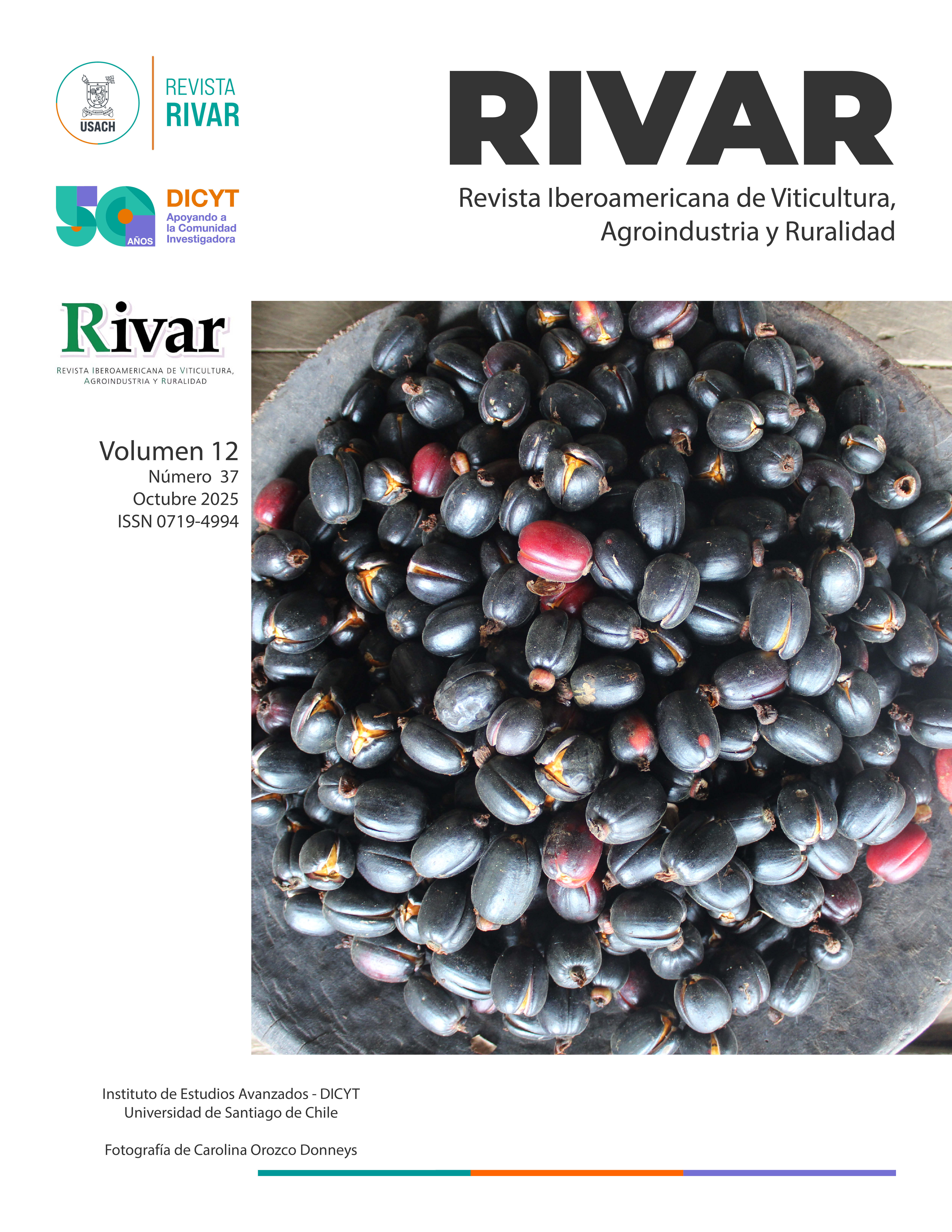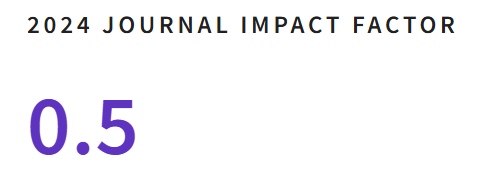The Guachinches of Tenerife: Food Culture, Informality and Regulation
DOI:
https://doi.org/10.35588/qg74mk29Keywords:
food, rural economy, cultural identity, legislation, islandAbstract
This article analyses some catering establishments in Tenerife, in Canary Islands, Spain, known as guachinches, highlighting their importance in the informal economy and their role as key elements of local culture and society. These establishments, which emerged as occasional spaces for the sale of surplus wine and homemade food, are revealed as alternatives to the globalisation of food, preserving local culinary and wine-making customs. Using an ethnographic methodology, we explore how the guachinches have been historically shaped by economic informality, their struggle to maintain and assert themselves in the face of friction between the traditional and informal and the field of the modern and formal. This research highlights how the current legal framework does not cover the totality of these enterprises, revealing a distinction between those that are legally recognised and those that operate outside the regulations. Despite the regulatory and economic challenges, the guachinches remain bastions of Tenerife’s identity, demonstrating the importance of preserving local agro-food processes.
Downloads
References
Alonso González, P. (2018). “The camino is alive”: Minor logics and commodification in the Camino de Santiago. Anthropological Quarterly, 91(3), 969-1000. https://doi.org/10.1353/anq.2018.0046
Alonso González, P. y Parga-Dans, E. (2017). Furanchos and adegas: Exploring symmetry through wine cultures in Galicia and Alentejo. Cultural Geographies, 24(4), 639-646. https://doi.org/10.1177/1474474017719070
Chen, M. (2012). La economía informal: Definiciones, teorías y políticas. WIEGO.
Contreras, J. (2019). La alimentación contra contemporánea entre la globalización y la patrimonialización. Boletín de Antropología, 34(58), 30-55. https://doi.org/10.17533/udea.boan.v34n58a01
Estévez González, F. (2006). Una maldición para el turismo rural. Basa, 29, 110-113.
____. (2011). Guanches, magos, turistas e inmigrantes. Atlántida Revista Canaria de Ciencias Sociales, 3(3), 145-172.
Europa Press (7 de abril de 2011) Empresarios y Cabildo exigen el freno de los “guachinches” ilegales en Tenerife. Europa Press. https://www.europapress.es/economia/noticia-empresarios-cabildo-exigen-freno-guachinches-ilegales-tenerife-20110407170011.html
Gil Hernández, R. (2011). Viaje a lo alocrónico: La ruralidad canaria, un todo-incluido que nos excluye. Atlántida Revista Canaria de Ciencias Sociales, 3(3), 173-192.
Guha-Khasnobis, B., Kanbur, R. y Ostrom, E. (2006). Beyond formality and informality. En B. Guha-Khasnobis, R. Kandur y E. Ostrom (Eds.), Linking the Formal and Informal Economy: Concepts and Policies (pp. 1-18). Oxford Academic.
Gutiérrez de Armas, J. y Núñez Pestano, J. (2016). El comercio atlántico y la formación de la gran propiedad vinculada en el siglo XVII en Canarias: El caso de los Salazar de Frías. Vegueta Anuario de la Facultad de Geografía e Historia, 16, 417-436.
Lamine, C., Garçon, L. y Brunori, G. (2019). Territorial agrifood systems: A Franco-Italian contribution to the debates over alternative food networks in rural areas. Journal of Rural Studies, 68, 159-170. https://doi.org/10.1016/j.jrurstud.2018.11.007
Latour, B. (2005). Reensamblar lo social: Una introducción a la teoría del actor-red. Manantial.
Macías Hernández, A. (1981). El papel histórico de la agricultura de “subsistencia” en Canarias: Un tema olvidado. En VV.AA., Canarias ante el cambio (pp. 101-112). Instituto de Desarrollo Regional Universidad de la Laguna.
____. (2005). El paisaje vitícola de Canarias. Cinco Siglos de historia. Ería, 68, 351-364.
Martín Fernández, C., y Martín Martín, V. (2016). Crisis económica y retorno a la actividad agrícola en Canarias. Boletín de la Asociación de Geógrafos Españoles, 70, 77-99. https://doi.org/10.21138/bage.2163
Martín Martín, V. (1999). Tenerife: Coyuntura económica y transformación espacial en una isla turística. Cuadernos de Turismo, 3(3), 69-92.
Martín Martín, V., y Martín Fernández, C. (2015). Apuntes sobre el crecimiento de la actividad agrícola informal en las Islas Canarias (España). Batey: Una Revista Cubana de Antropología Social, 7(7), 101-114.
Millares Cubas, L. (1985). Cómo hablan los canarios: Refundición del léxico de Gran Canaria. Caja Insular de Ahorros de Canarias.
Soleder, L. (2021). Heurigen 2.0: Succession processes of family-owned wine taverns in northern Burgenland. En A. Zehrer, G. Glowka, K. Schwaiger y V. Ranacher-Lackner. Resiliency Models and Addressing Future Risks for Family Firms in the Tourism Industry (pp. 154-177). IGI Global.
Downloads
Submitted
2024-09-03Published
Issue
Section
License
Copyright (c) 2025 Raúl Pérez Castañeda, Ferran Pons-Raga, Pablo Alonso González

This work is licensed under a Creative Commons Attribution 4.0 International License.









